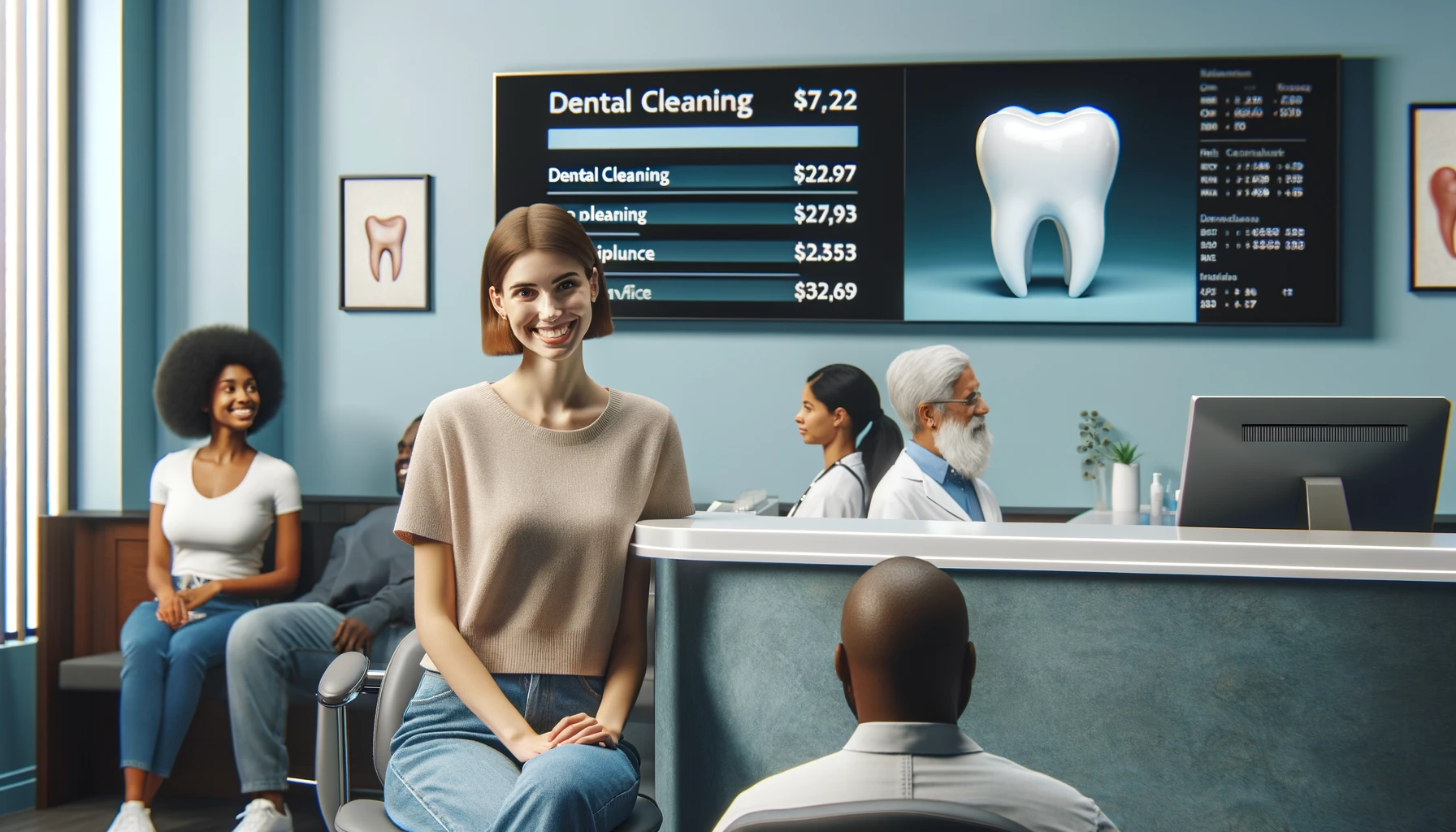Are you among the millions grappling with the painful and debilitating symptoms of temporomandibular joint (TMJ) disorder? If you experience jaw pain, headaches, or difficulty chewing, you’re not alone. TMJ disorders affect an estimated 10 million Americans, with women impacted at twice the rate of men.
The good news? Thanks to groundbreaking research and advancements in treatment, permanently curing TMJ is becoming increasingly attainable. In this article, we’ll unveil the secrets to achieving lasting relief from TMJ pain in 2024 and beyond. Get ready to bid farewell to jaw discomfort for good!
Understanding TMJ Disorders
Before we explore the latest breakthroughs in TMJ treatment, it’s essential to understand what TMJ disorders are. The temporomandibular joints connect your lower jaw to your skull on both sides of your face. TMJ disorders arise when there are issues with the muscles and joints in this area.
Common Symptoms of TMJ Disorders:
- Pain in the jaw, face, neck, and shoulders
- Clicking, popping, or locking of the jaw
- Difficulty or discomfort while chewing
- Facial pain or tenderness
- Trouble opening the mouth wide
TMJ disorders can stem from various causes, including injury, arthritis, teeth grinding, and stress. Identifying the root cause is crucial for determining the most effective treatment approach.
Non-Surgical TMJ Treatment Advancements
While surgical options exist for treating TMJ, conservative approaches often serve as the first line of defense. Exciting advancements in non-surgical treatments are providing much-needed relief for patients.
Oral Appliances
One of the most promising non-surgical treatments is the use of oral appliances or mouthguards. Custom-made by a dentist, these devices fit over your teeth to prevent clenching and grinding while helping realign your jaw into a more natural position.
A 2023 study found that oral appliances significantly reduced TMJ pain and improved jaw function. After three months of treatment, participants reported a notable decrease in pain levels and an increase in their ability to open their mouths fully.
Physical Therapy
Physical therapy is another conservative approach showing great promise for TMJ relief. Treatment may include:
- Jaw exercises: Stretching and strengthening muscles
- Posture training: Reducing neck and facial pain
- Massage therapy: Relieving muscle tension and spasms
- Heat and ice therapy: Alleviating pain and inflammation
A 2024 clinical trial revealed that patients who received physical therapy alongside oral appliances experienced greater improvements in TMJ symptoms compared to those using appliances alone. This combination approach led to reduced pain, increased jaw mobility, and enhanced overall quality of life.
Botox Injections
Believe it or not, Botox isn’t just for cosmetic purposes. This powerful neurotoxin is emerging as an effective treatment for TMJ due to its ability to relax overactive jaw muscles. When injected into the temporomandibular joints, Botox decreases muscle contractions and alleviates TMJ pain.
One study indicated that a single Botox treatment significantly reduced pain and improved jaw function for three months in patients with TMJ. While more research is needed regarding long-term safety and efficacy, it represents a promising option for those who have not found relief through other conservative therapies.
Lifestyle Changes for TMJ Relief
In addition to innovative treatments, simple lifestyle changes can significantly impact managing TMJ symptoms. Consider these effective strategies:
- Eat soft foods: Reduce strain on your jaw.
- Avoid chewing gum: Minimize unnecessary jaw movement.
- Practice good posture: Alleviate neck and facial tension.
- Manage stress: Use relaxation techniques such as meditation or deep breathing.
- Apply heat or ice packs: Relieve pain effectively.
- Gently massage your jaw muscles: Release tension.
Incorporating these changes alongside professional TMJ treatment can enhance your results for lasting relief.
The Future of TMJ Treatment
As researchers continue uncovering the underlying causes of TMJ disorders, even more targeted treatments are on the horizon:
Regenerative Medicine
Regenerative medicine therapies like stem cell and platelet-rich plasma (PRP) injections are showing promise for treating TMJ disorders. These cutting-edge treatments harness the body’s natural healing abilities to repair damaged joint tissues.
A recent animal study found that PRP injections significantly reduced inflammation in TMJ joints while promoting cartilage regeneration. Although further research is necessary, regenerative medicine could offer a minimally invasive solution for TMJ sufferers.
Genetic Therapies
As scientists delve deeper into the genetic basis of TMJ disorders, personalized therapies targeting specific genetic mutations are becoming a reality. Identifying genes responsible for TMJ may lead to drugs and therapies addressing its root causes.
One groundbreaking study pinpointed a specific genetic variation that increases susceptibility to developing TMJ disorders. This discovery paves the way for targeted genetic therapies that could prevent or reverse TMJ in individuals at risk.
Precision Medicine
The future of TMJ treatment lies in precision medicine—tailored therapies based on individual genetic makeup, lifestyle factors, and symptoms. By analyzing aspects like jaw anatomy, bite patterns, and muscle activity, healthcare providers can create personalized treatment plans for optimal results.
Cutting-edge technologies such as 3D jaw imaging and digital bite analysis are making precision medicine a reality. These tools allow dentists to visualize jaws in unprecedented detail, identifying specific factors contributing to a patient’s symptoms for customized treatment approaches.
Finding a TMJ Specialist
If you’re struggling with TMJ symptoms, don’t suffer in silence—seeking care from a qualified specialist is crucial for finding relief. Look for a dentist or orthodontist experienced in treating TMJ disorders using the latest techniques and technologies.
During your consultation, your doctor will conduct a thorough evaluation of your jaw, teeth, and bite pattern. They may take X-rays or 3D images to assess your jaw anatomy comprehensively. Based on their findings, they’ll recommend a personalized treatment plan combining advanced therapies with lifestyle changes for optimal results.
Conclusion
TMJ disorders can be painful and debilitating; however, permanent relief is possible! By staying informed about the latest advancements in treatment and making positive lifestyle adjustments, you can unlock the secrets to a pain-free jaw in 2024 and beyond.
If you’re ready to take control of your TMJ symptoms, schedule a consultation with a qualified specialist today. With the right approach to treatment, you can say goodbye to jaw pain and hello to an improved quality of life!
Can TMJ be cured permanently?
Yes, TMJ can often be cured permanently. The key lies in accurately diagnosing the specific causes of TMJ in an individual and applying a tailored combination of treatments. This may include lifestyle changes, physical therapy, medication, and, in severe cases, surgery.
What are the most effective treatments for permanent TMJ relief?
Effective treatments for permanent TMJ relief include a combination of medication, physical therapy, oral splints, and lifestyle modifications such as stress management and avoiding excessive jaw movements. In certain cases, surgical options may provide a long-term solution.
How can I prevent TMJ disorders from developing?
Preventing TMJ disorders involves managing risk factors such as reducing stress, avoiding excessive jaw movements, and addressing teeth grinding. Early treatment of jaw injuries and maintaining overall jaw health are also important preventive measures.
Are there any home remedies for managing TMJ symptoms?
Yes, home remedies like applying cold packs, using over-the-counter pain relievers, practicing relaxation techniques, and performing jaw-stretching exercises can help manage TMJ symptoms effectively.
When should I see a doctor for TMJ symptoms?
You should consult a doctor if you experience persistent jaw pain, difficulty moving your jaw, or hear clicking or popping sounds. Early professional intervention can prevent complications and guide you towards the right treatment path for potential permanent relief.














